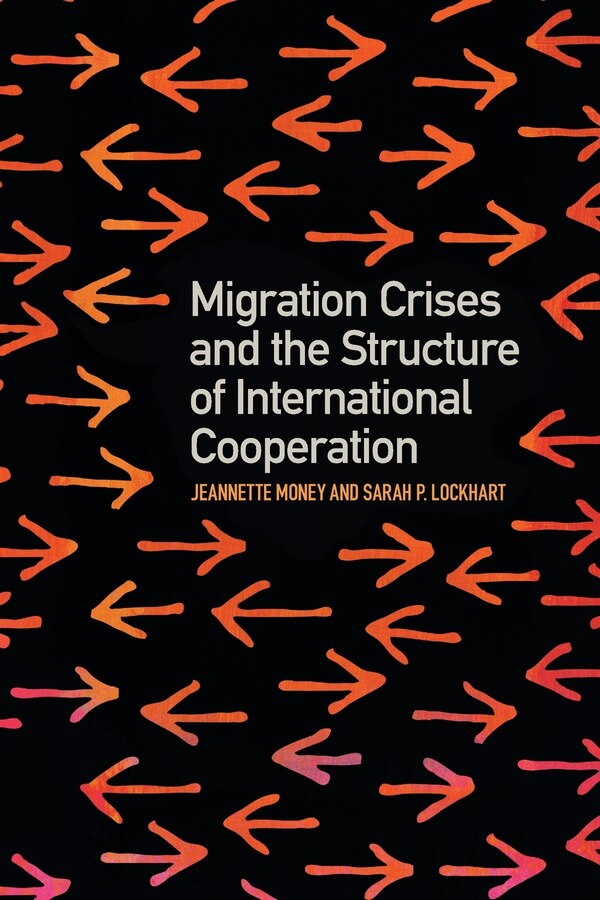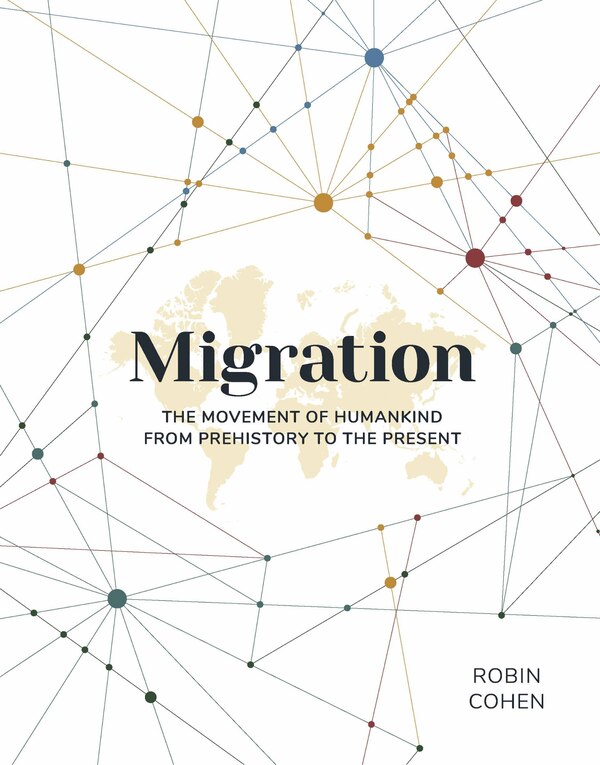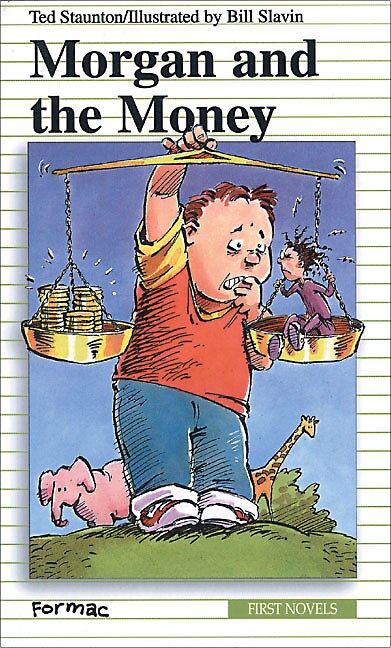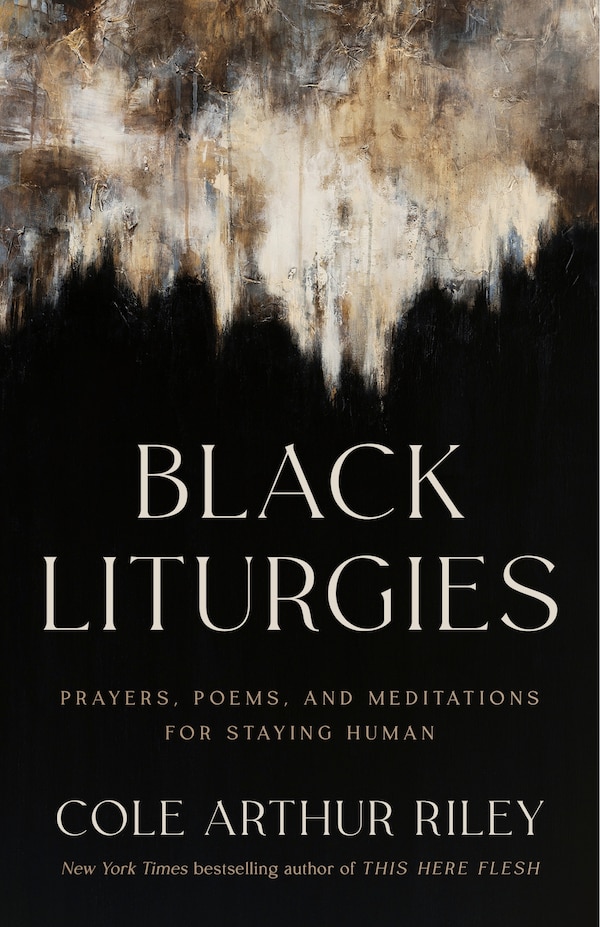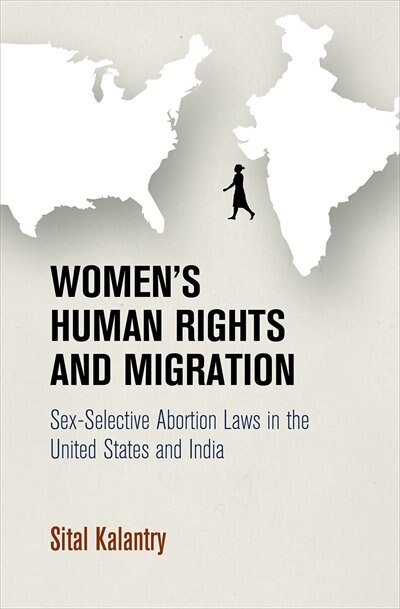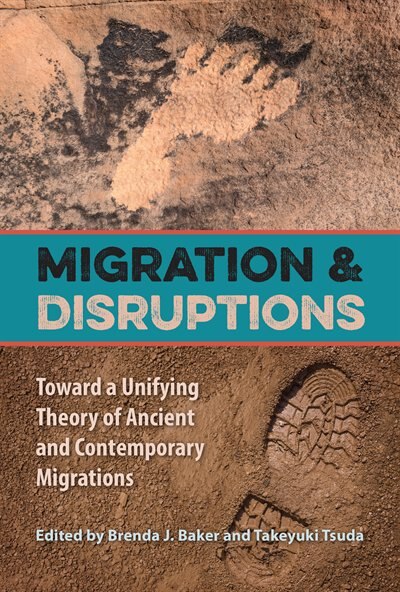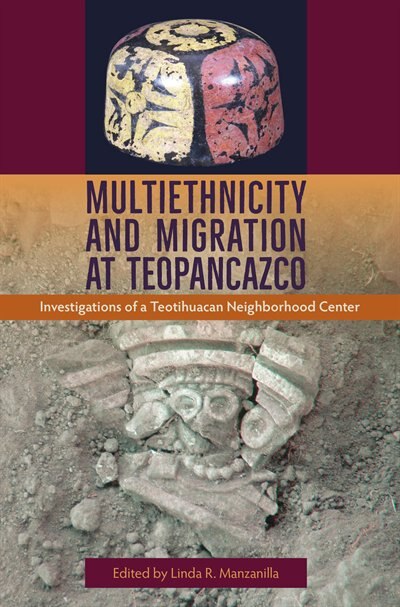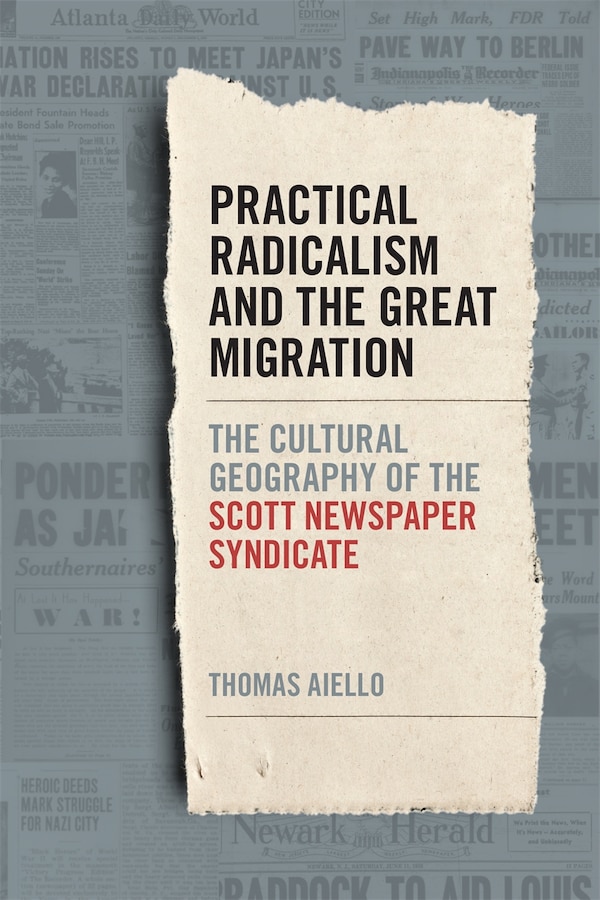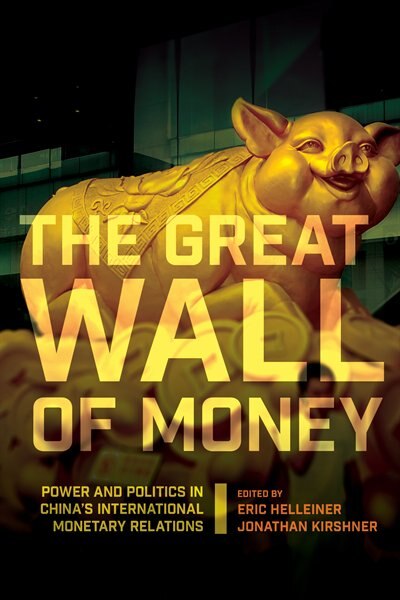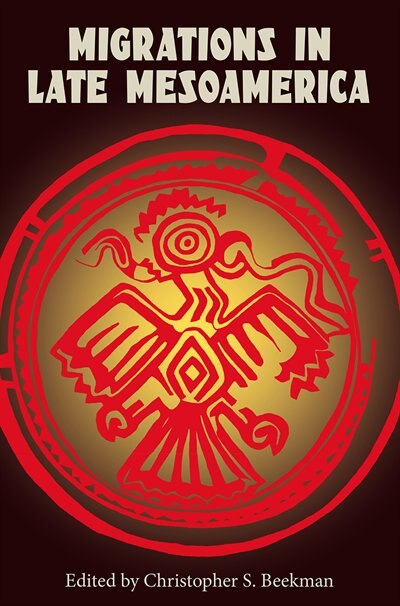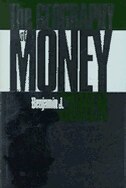
Give the Gift of Choice!
Too many options? Treat your friends and family to their favourite stores with a Bayshore Shopping Centre gift card, redeemable at participating retailers throughout the centre. Click below to purchase yours today!Purchase HereHome
Migration Crises and the Structure of International Cooperation by Jeannette Money, Paper over Board | Indigo Chapters
Coles
Loading Inventory...
Migration Crises and the Structure of International Cooperation by Jeannette Money, Paper over Board | Indigo Chapters in Ottawa, ON
By Jeannette Money
Current price: $118.95

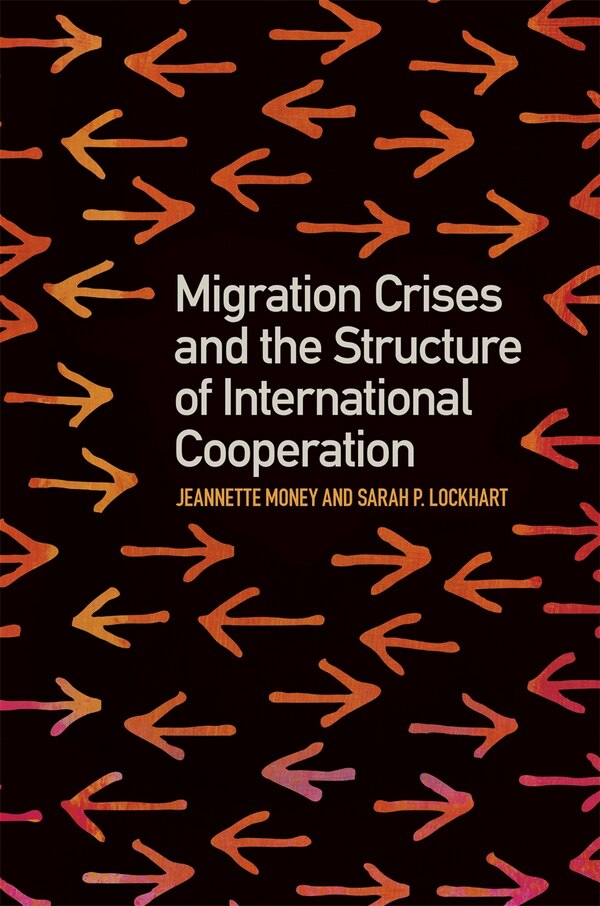
By Jeannette Money
Migration Crises and the Structure of International Cooperation by Jeannette Money, Paper over Board | Indigo Chapters in Ottawa, ON
Current price: $118.95
Loading Inventory...
Size: 1 x 9.2 x 660
*Product information may vary - to confirm product availability, pricing, shipping and return information please contact Coles
Although international cooperation on migration is often promoted, scholars have been unable to arrive at a consensus about the extent of cooperation in the current system. Under what conditions does international cooperation on migration arise, and what shape does it take? These questions are important because migrants are often vulnerable to human rights abuses during their journeys as well as in the country of destination, and international cooperation represents one mechanism for reducing this vulnerability. Jeannette Money and Sarah P. Lockhart ask these questions as they examine the patterns of migration flows during the post– World War II period, with particular attention to crises or shocks to the international system, as in the case of migration following the recent conflicts in Afghanistan and Syria. Their analysis makes several important contributions to this debate. First, they explain how the broad pattern of migration in the contemporary era—generally from poorer, less stable countries to wealthier, more stable countries—fosters cooperation that is predominantly bilateral, when cooperation does in fact occur. Second, they argue that cooperation is unlikely under most circumstances, because countries of destination prefer the current system, which privileges their sovereignty over migration flows. Finally, they posit that cooperation may arise under three conditions: when the costs of maintaining the status quo increase, when countries of origin locate a venue where their numbers allow them to control the bargaining agenda, or when migrant flows tend toward reciprocity. | Migration Crises and the Structure of International Cooperation by Jeannette Money, Paper over Board | Indigo Chapters
Although international cooperation on migration is often promoted, scholars have been unable to arrive at a consensus about the extent of cooperation in the current system. Under what conditions does international cooperation on migration arise, and what shape does it take? These questions are important because migrants are often vulnerable to human rights abuses during their journeys as well as in the country of destination, and international cooperation represents one mechanism for reducing this vulnerability. Jeannette Money and Sarah P. Lockhart ask these questions as they examine the patterns of migration flows during the post– World War II period, with particular attention to crises or shocks to the international system, as in the case of migration following the recent conflicts in Afghanistan and Syria. Their analysis makes several important contributions to this debate. First, they explain how the broad pattern of migration in the contemporary era—generally from poorer, less stable countries to wealthier, more stable countries—fosters cooperation that is predominantly bilateral, when cooperation does in fact occur. Second, they argue that cooperation is unlikely under most circumstances, because countries of destination prefer the current system, which privileges their sovereignty over migration flows. Finally, they posit that cooperation may arise under three conditions: when the costs of maintaining the status quo increase, when countries of origin locate a venue where their numbers allow them to control the bargaining agenda, or when migrant flows tend toward reciprocity. | Migration Crises and the Structure of International Cooperation by Jeannette Money, Paper over Board | Indigo Chapters
